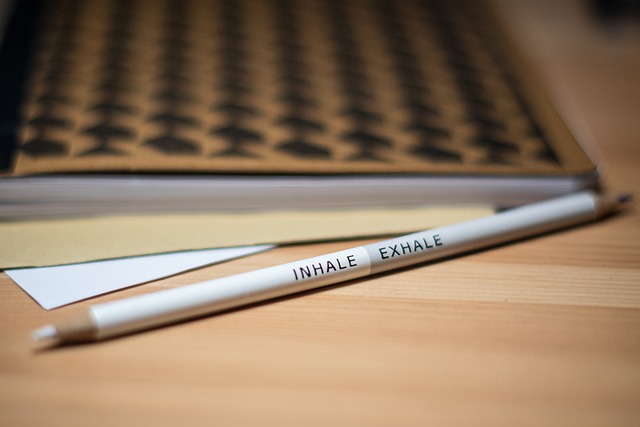
It’s exam time, and you’re feeling the pressure. Your heart is racing, your palms are sweating, and your mind is racing through all the possible outcomes – good and bad. You know you need to calm down, but it feels like everything is working against you.
Don’t worry; everyone has been there. The good news is that there are ways to calm yourself before an exam, so you can go in feeling prepared and confident by destressing.
Here Are A Few Tips:
- Take some deep breaths
This might seem like an obvious one, but it’s worth mentioning because it really works. When you’re feeling anxious, your body goes into fight-or-flight mode, and your breathing becomes shallow. So taking some deep, slow breaths helps to slow down your heart rate and calm your nerves.
- Get moving
Exercise is a great way to relieve stress and tension. Even just a few minutes of aerobic activity can help to improve your mood and increase your energy levels. If you have time before your exam, go for a jog or take a yoga class. Or, if you’re short on time, try doing some simple stretches or taking a brisk walk around the block.
- Eat healthy foods
What you eat can have a big impact on how you’re feeling. So, if you want to stay calm and focused during your exam, it’s important to fuel your body with healthy foods. Make sure to eat a nutritious breakfast on the day of your exam, and pack some healthy snacks to keep your energy up. Avoid sugary foods and drinks, as they can make you feel jittery and anxious.
- Visualize success
One of the best ways to calm your nerves before an exam is to visualize yourself succeeding. Close your eyes and imagine yourself confidently answering all the questions. See yourself getting the grade you want. This positive visualization can help to increase your confidence and boost your performance.
- Take some time for yourself
It’s important to take some time for yourself before an exam so you can relax and clear your mind. If possible, avoid studying right up until the last minute. Instead, take a break to watch a movie, read a book, or take a nap. And make sure to get a good night’s sleep before your exam, so you’re well-rested and ready to focus.
- Make a plan
If you’re feeling overwhelmed by the exam, it can help to make a plan. Break down the material into smaller sections and focus on one thing at a time. And don’t forget to schedule some breaks so you can give your mind a rest.
- Talk to someone
Sometimes, just talking to someone about your anxiety can help to lessen it. For example, consider talking to a friend, family member, or therapist about your concerns if you’re feeling really stressed. They can offer support and help you to come up with a plan to manage your anxiety.
- Focus on the present
When you’re feeling anxious, getting caught up in worst-case scenarios and what-ifs is easy. But try to focus on the present moment and what you can do right now. Remind yourself that you’re prepared and that you can handle whatever comes your way.
- Try calm enhancing supplements:
Many natural supplements can help to enhance calmness. Some of the most popular options include:
CBD oil and gummies:
Delta 9 THC Gummies and CBD oil are derived from the cannabis plant and are said to have many health benefits, including reducing anxiety.
Ashwagandha:
Ashwagandha is an herb that has been used for centuries in Ayurvedic medicine to help reduce stress and anxiety.
Magnesium:
Magnesium is a mineral that’s essential for good health. Unfortunately, it’s often deficient in people with anxiety, so taking a supplement can be helpful.
Probiotics:
Probiotics are live bacteria that are found in some foods, like yogurt and sauerkraut. They’re also available in supplement form. In addition, some research suggests that taking probiotics can help to reduce anxiety.
- Avoid caffeine
While a cup of coffee might seem like a good way to boost energy before an exam, it’s not a good idea. Caffeine can increase anxiety and make it harder to focus. So, if you’re feeling anxious, stick to decaf or herbal tea instead.
- Practice relaxation techniques
Many different relaxation techniques can help to calm your nerves and ease anxiety. Some popular options include:
Progressive muscle relaxation:
This technique involves tensing and relaxing different muscle groups in your body. It’s a great way to reduce stress and improve your overall sense of well-being.
Meditation:
Meditation can help to clear your mind and focus on the present moment. There are many different ways to meditate, so find one that works for you and make it part of your daily routine.
Guided imagery:
Guided imagery is a type of visualization where you imagine yourself in a peaceful setting. This can help to relax your mind and body and ease anxiety.
In Conclusion
Anxiety is normal, but it doesn’t have to hold you back. Using these tips, you can calm your nerves and confidently approach your exam.
